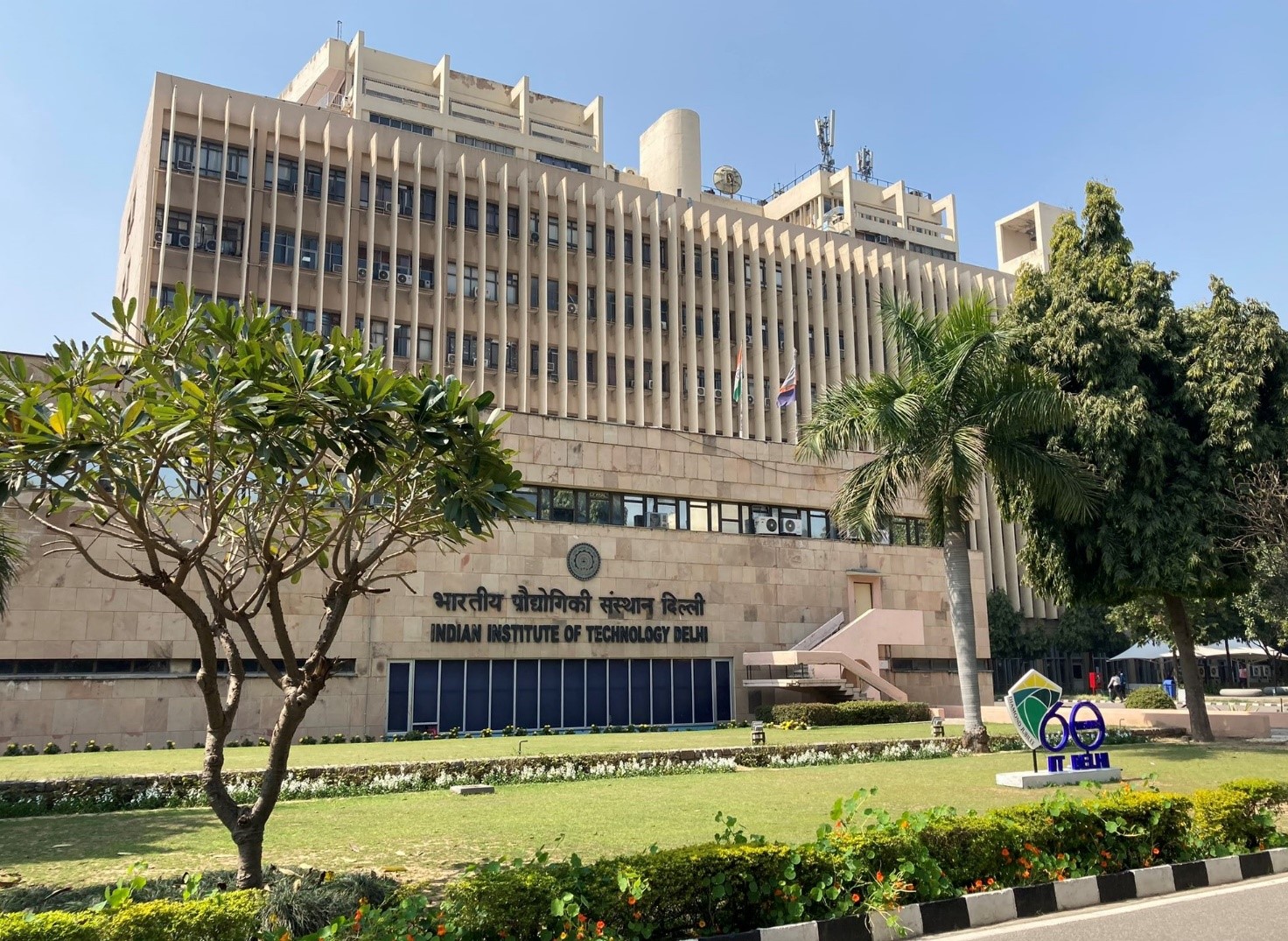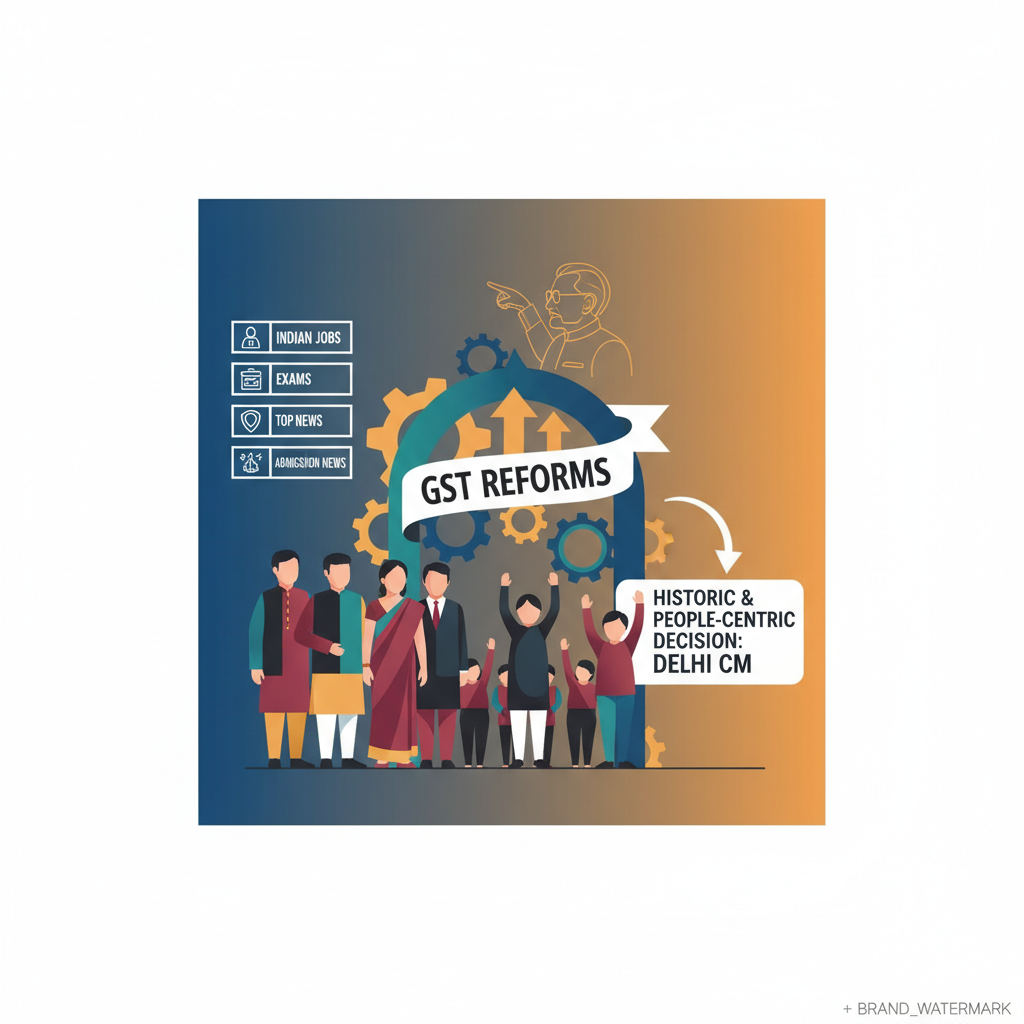IIT Delhi Reports Second Student Death in 2024: MSc Scholar Dies at Safdarjung Hospital
NEW DELHI, Oct. 23, 2024 – In a tragic development at India’s premier technical institution, IIT Delhi has reported its second student death of 2024, as MSc scholar Yash Kumar from the Humanities and Social Sciences Department was declared dead at Safdarjung Hospital on Tuesday.
Kumar, who served as a coordinator for the institute’s LGBTQIA+ collective Indradhanu, was pursuing his postgraduate studies when the incident occurred. This marks the fourth death reported across IIT campuses nationwide in recent months.
“Shocked and heartbroken news about the tragic loss of Kumar Yash, a student from HSS Dept and an Indradhanu coordinator,” stated the official student body ‘Voice of IITD’ through their X (formerly Twitter) platform. “Our deepest condolences to their family and friends during this devastating time.”
IIT Delhi Reports Second Student Death in 2024
The incident follows a concerning trend at Indian Institutes of Technology:
- February 2024: IIT Delhi MTech student Varad Sanjay Nerkar found deceased in hostel
- Recent weeks: One PhD student death at IIT Kanpur
- Recent weeks: One BTech student death at IIT Guwahati
Statistical Context
IIT Delhi, which admits approximately 2,000 students annually across various programs, has seen two student deaths in 2024. This comes amid growing discussions about mental health support in India’s technical institutions, where over 50 student deaths have been reported across IITs in the past decade.
Institutional Response
While IIT Delhi maintains dedicated counseling services, including:
- 24/7 mental health helpline
- On-campus counselors
- Student mentorship programs
The recent incidents have prompted calls for enhanced support systems.
Looking Forward
The institute is expected to conduct a thorough investigation into the circumstances. Mental health experts emphasize the need for:
- Strengthened peer support networks
- Regular mental health screenings
- Reduced academic pressure
- Improved student-faculty communication
Campus authorities have announced plans to review existing support systems and implement additional measures to prevent such incidents in the future.














